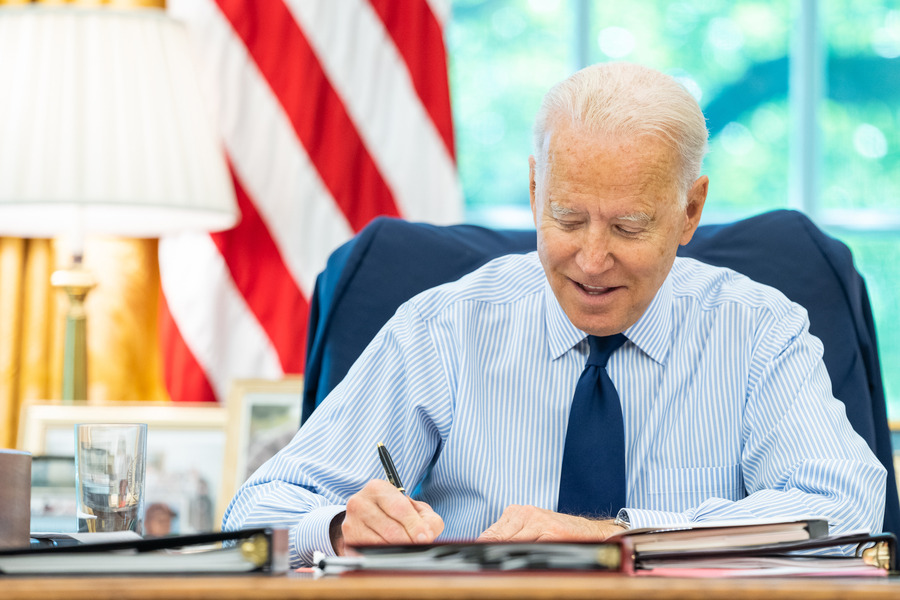Al Warafi Post-Argument Maneuvering
The letter filed today with the D.C. Circuit by Al Warafi's attorney, which Larkin noted earlier, appears to be a response to my earlier post on the argument. This is not explicit in Roger A.
Published by The Lawfare Institute
in Cooperation With

The letter filed today with the D.C. Circuit by Al Warafi's attorney, which Larkin noted earlier, appears to be a response to my earlier post on the argument. This is not explicit in Roger A. Ford's letter, which refers only to "a public report on the oral argument," but I have seen no other public reports on the argument, and the point Ford makes seems in any event directly responsive to a passage in my account:
[Judge Merrick Garland] quotes the commentary on the First [Geneva] Convention to the effect that the burden is on the detainee asserting that he is medical personnel to prove it, that an armband may not be sufficient for this purpose, and that a special identification card may be necessary. Does he accept that the burden is on his client to show that he was a medic and, if so, did he have anything like a card? Ford acknowledges, in what may be a fateful admission, that his client has to be able to show what he was doing, but he insists a special ID card is not necessary.In his letter, Ford says that,
Based on a public report on the oral argument held on February 7, 2011 in the above-captioned case, it appears that I may have given an unclear answer in response to a question from Judge Garland with respect to who has the burden of showing that the petitioner was “exclusively engaged” in medical work.If Ford's letter is correct and his answer was "unclear," I have made a non-trivial error in my reporting, for which I apologize. Both my memory and my notes are quite plain that Ford's concession was straightforward enough. I had no doubt either when I heard him or when I wrote the piece that he was acknowledging that his client has to be able to show that he qualifies as medical personnel. This concession, if he made it, he just as clearly disclaims in his letter, where he writes that "The petitioner’s position is that the Government has the burden of proving that his detention is lawful under the AUMF, and that the Government’s burden includes the burden of proving that he is not covered by Article 24 of the First Geneva Convention." Until I see a transcript of the hearing, I cannot say for sure whether I erred here or whether Ford is engaged in his letter in damage control with respect to a concession whose import he may not have appreciated in real time. I will post the relevant portion of the transcript, however, as soon as it becomes available--and readers should be advised in the meantime that this passage may or may not overstate the clarity of Ford's concession to Judge Garland.
Benjamin Wittes is editor in chief of Lawfare and a Senior Fellow in Governance Studies at the Brookings Institution. He is the author of several books.





